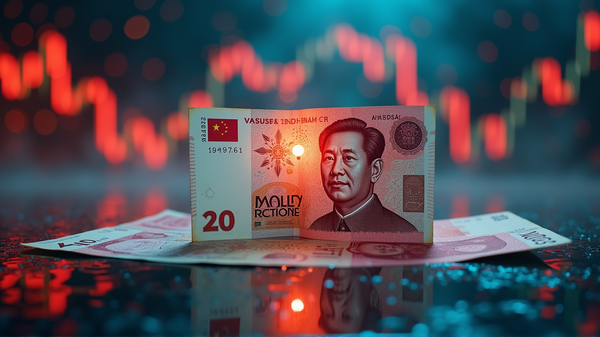China Ramps up Chip Industry with a Hefty $40 Billion State Fund
BEIJING — As China races to close the technological gap with the U.S. and other global competitors, it's unveiling its latest weapon: a massive $40 billion state-backed investment fund for its semiconductor industry. This significant move, according to insiders privy to the matter, reflects China’s broader ambitions of achieving semiconductor self-sufficiency and establishing a more resilient domestic technological infrastructure.
The newly proposed fund would surpass its predecessors, making it the largest out of three funds initiated by the China Integrated Circuit Industry Investment Fund, popularly known as the Big Fund. While the earlier funds, introduced in 2014 and 2019, raised 138.7 billion yuan and 200 billion yuan respectively, this latest venture aims for an eye-watering 300 billion yuan (equivalent to $41 billion).
Equipment for chip manufacturing stands out as a primary investment area for the fund, shared sources familiar with the strategic direction of the initiative. This decision underscores China's keen interest in bolstering its chip production capacities – a critical foundation for various industries, including AI, telecommunications, and the military.
The background to this recent move is fraught with geopolitical tension. China's bid for tech supremacy has often met with resistance from the West, especially the U.S. President Xi Jinping has repeatedly emphasized the strategic importance of domestic chipmaking capabilities. This viewpoint has only intensified in the wake of a series of export control measures by Washington. U.S. policymakers, expressing concerns over China's potential militarization of advanced chips, have been steadfast in their restrictive actions.
Last October, in a move that rattled the global tech industry, the U.S. unveiled a comprehensive sanctions regime. This new policy severely curtailed China's access to state-of-the-art chipmaking equipment. Taking cues from the U.S., allies like Japan and the Netherlands have implemented similar restrictive policies.
Sources, opting for anonymity given the sensitive nature of the discussions, revealed that Chinese authorities had greenlighted the fund in recent times. While details about additional contributors to the fund remain scant, it has been confirmed that China's finance ministry is poised to contribute a sizable 60 billion yuan.
Requests for official comments on the announcement yielded no immediate responses. The State Council Information Office, which serves as a conduit for media inquiries directed at the Chinese government, along with the finance ministry and the Ministry of Industry and Information Technology, refrained from immediate comments. The Big Fund, which will play a pivotal role in the utilization of the fund, also remained silent on media queries.
This fresh capital infusion in China's chipmaking sector exemplifies the country's renewed commitment to asserting its technological prowess on the global stage. While it remains to be seen how the global semiconductor ecosystem reacts, one thing is for sure: the high-stakes tech race is only intensifying.
In related news, Britain has begun setting its priorities for the upcoming global AI safety summit. The confluence of AI and safety has garnered attention worldwide, given the transformative role AI plays in various sectors.




